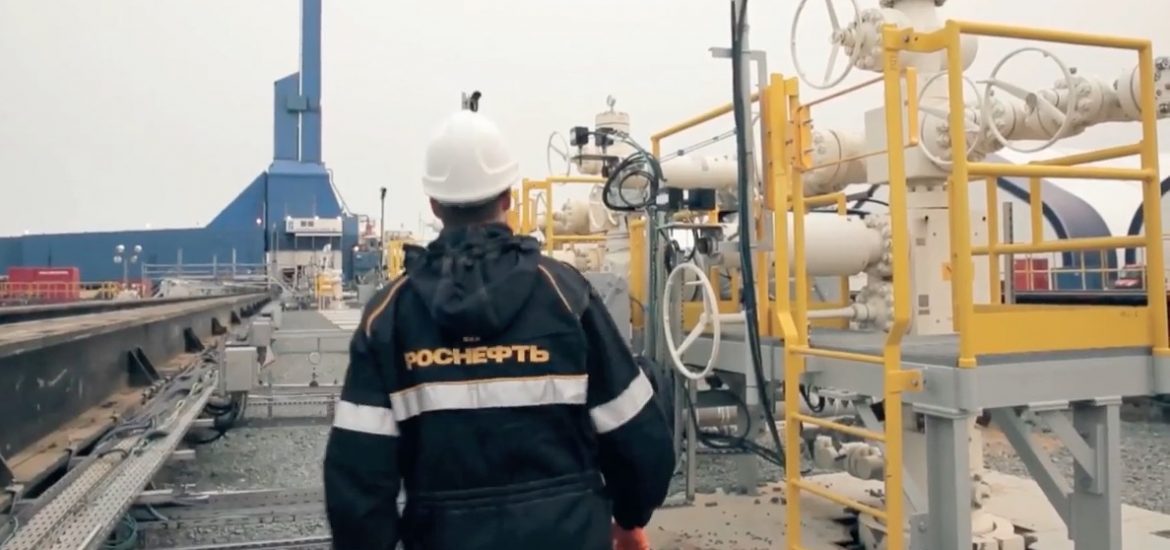
Rosneft’s second-quarter net income fell as the Russian oil giant suffered the effects of falling oil prices and production cuts, but the drops were less severe than analysts had predicted.
Russia’s top oil producer, which is under US sanctions related to Moscow’s 2014 invasion of Crimea, reported a fall in second-quarter net profit as the shutdown of the Druzhba pipeline, Russia’s most important export pipeline to Europe, hit income.
The company said profit had fallen to 194 billion rubles (US$2.9 billion) from 228 billion rubles year on year because of the Druzhba crisis and falling global oil prices.
“It is impossible not to note the influence of one-time external factors that limited the ability to increase production in the second quarter of 2019,” said CEO Igor Sechin. “First of all, these factors include the restriction of oil intake into the Transneft trunk pipeline system due to its pollution caused by circumstances beyond the company’s control.”
Helping to balance the books, the Venezuelan state-owned oil company PDVSA reduced its outstanding debt to Rosneft by US$700 million quarter-on-quarter, to the current US$1.1 billion, the Russian company said.
Rosneft has been the sole supplier of oil to Venezuela, in line with Moscow’s support for the embattled President Nicolás Maduro.
BP and Glencore are reportedly still struggling to sell around 600,000 tonnes of tainted Russian oil more than three months after the contamination of Russia’s Druzhba pipeline was discovered.
In April about 5 million tonnes of Russian oil for export was found to be contaminated with organic chloride, which is used to boost oil extraction but can damage refining equipment.
Vast quantities of contaminated oil are still being processed in Russia and pipeline operator Transneft — which blamed the contamination on criminal gangs — is yet to agree on compensation to its customers.
The Soviet-era Druzhba pipeline was closed and transports of oil to Germany, Poland, Hungary, Slovakia, the Czech Republic, Ukraine and Belarus ceased. The Baltic port of Ust Luga exported about 1.5 million tonnes of the contaminated oil to western firms.
At least six cargoes from Ust Luga remained unsold, according to industry sources. Glencore has 500,000 tonnes in three tankers, Reuters reported. BP reportedly has had similar problems.
Both firms bought the oil from Rosneft and all three companies made no comment.
They cannot claim compensation until they sell the oil.
“You can’t file a claim against Russia until you have actually sold your oil and counted your losses,” said a trading source.
Rosneft is one of the Kremlin’s most valuable corporate assets. Picture credit: YouTube





